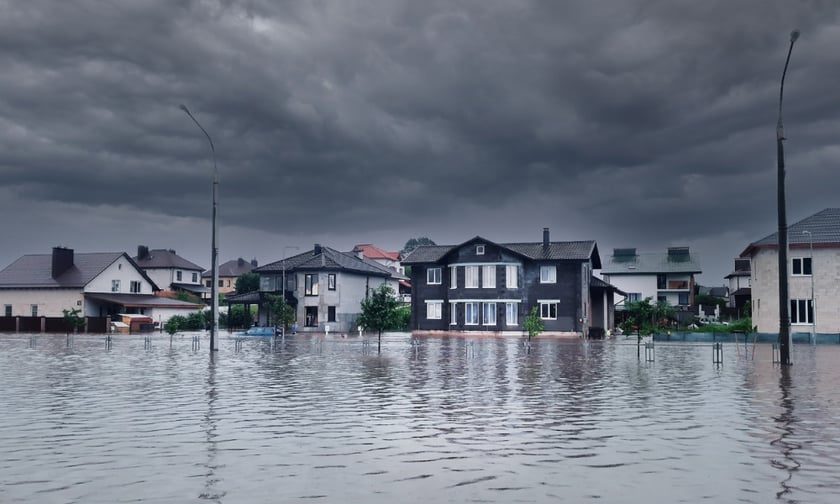

As Queensland enters its annual storm season, concerns about extreme weather are rising, particularly among residents who experienced last year’s storms.
New data from RACQ’s Attitudes Towards Storm Season report shows that 45% of those impacted by recent weather events are feeling increased anxiety ahead of the approaching season.
The report highlighted that storm-related stress is noticeably higher among those who were directly affected by last year's weather, compared to only 20% of those who had not been impacted.
Across the state, one in four residents is feeling heightened concern, and 43% believe climate change is causing an increase in the frequency and intensity of weather events.
RACQ group executive insurance Trent Sayers stated that weather-related claims had surged by 88% over the past year.
“Even though forecasts predicted a dry and warm El Niño summer, our state endured two cyclones and a series of consecutive weather events that had devastating impacts on our communities,” he said.
RACQ Insurance processed 16,109 claims related to severe weather in the last 12 months, covering home and motor vehicle damages.
Sayers noted that the highest number of claims came from regions such as the Gold Coast, Wide Bay, and Logan-Beaudesert.
Reflecting on last year’s impact, nearly half of the survey respondents indicated that they would begin preparing for the storm season earlier than before.
About 45% plan to register for weather alerts, while 40% aim to update their emergency kits. Additionally, 21% of Queenslanders said they would review and discuss evacuation plans with their families.
Sayers emphasised the importance of preventive measures to minimise damage during storms. He recommended clearing gutters, trimming overhanging trees, and checking roofs for any signs of damage to help protect homes from severe weather.
“With the memories of last year’s disasters still fresh, Queenslanders are on high alert, hoping for the best but preparing for the worst as the storm season draws near,” he said.
To help Queenslanders prepare for the storm season, RACQ outlined the most weather-prone areas in the state from August 2023 to July 2024:

The approaching storm season highlights the financial impact of extreme weather in Australia.
According to the Insurance Council of Australia’s (ICA) Insurance Catastrophe Resilience Report 2023-24, the financial burden of extreme weather has surged in the country.
Over the past 30 years, insurance payouts for natural disasters have more than tripled, from 0.2% of GDP between 1995 and 2000 to 0.7% in the last five years.
On average, Australian insurers paid out $2.1 billion annually for extreme weather-related claims over the past three decades. However, that figure has risen sharply to $4.5 billion annually in the past five years, with floods contributing significantly to the increase in costs.
Although insurers have seen total premium revenues increase from $50 billion in 2012 to $86 billion in 2023, their overall profitability has remained mostly flat, despite higher claims costs.
In the 2023-24 period, Australian insurers faced $2.19 billion in weather-related claims, maintaining the previous year’s total. However, the number of claims rose sharply, with nearly 157,000 filed, marking an increase of 66,000 from the prior year. While the average cost per claim declined, the broader impact of extreme weather continued to grow.
